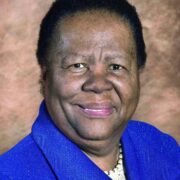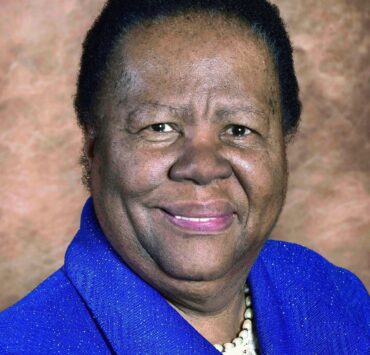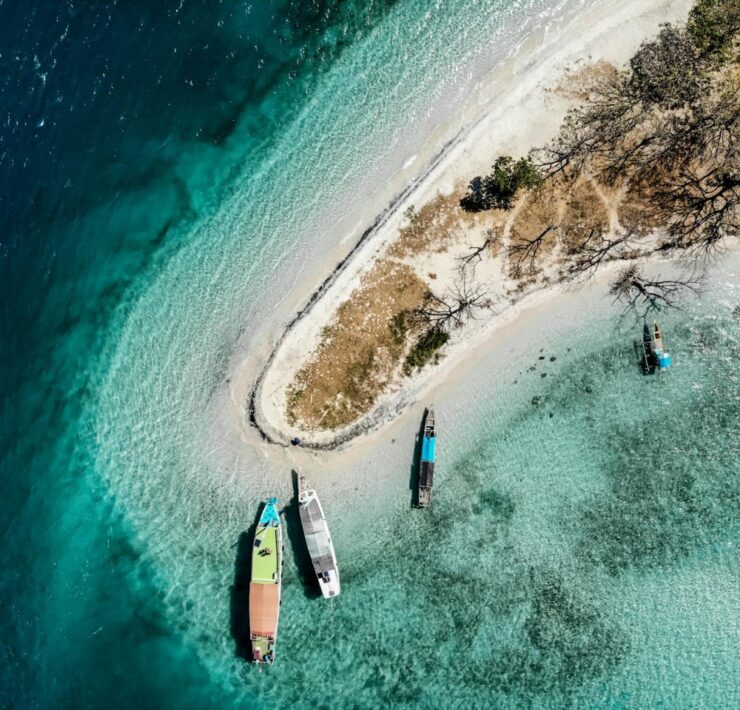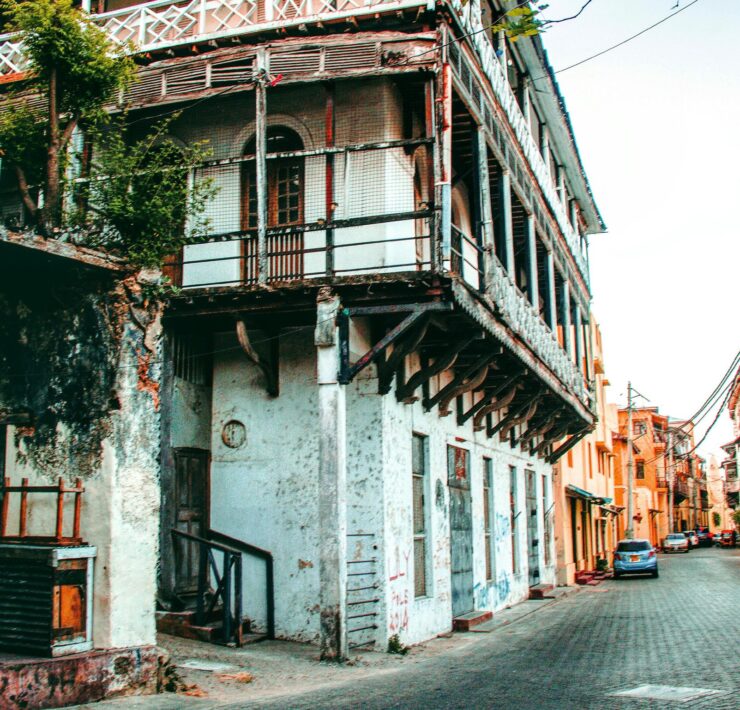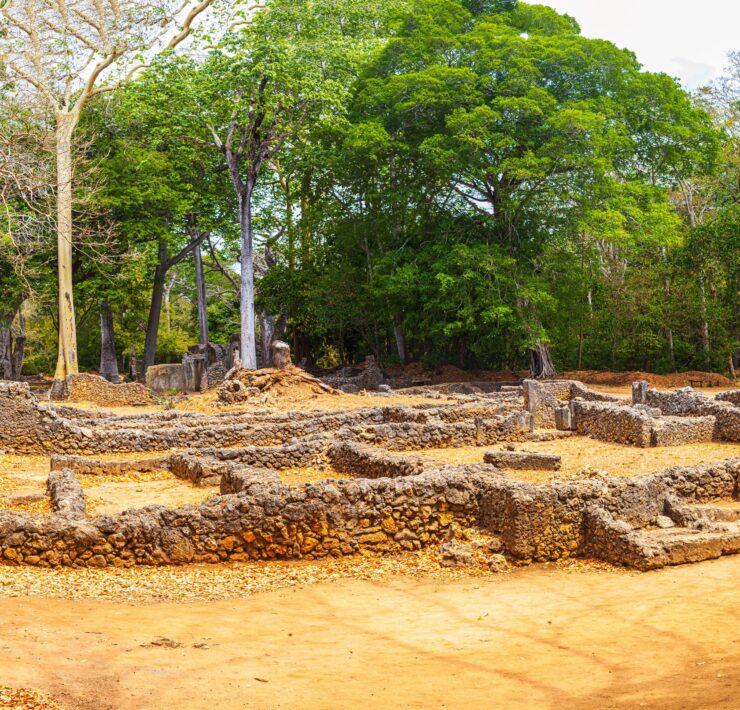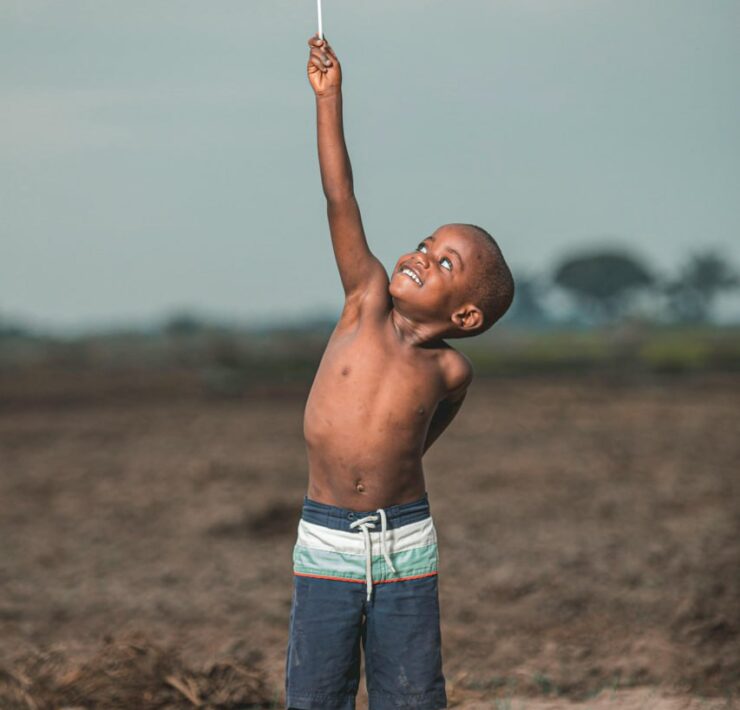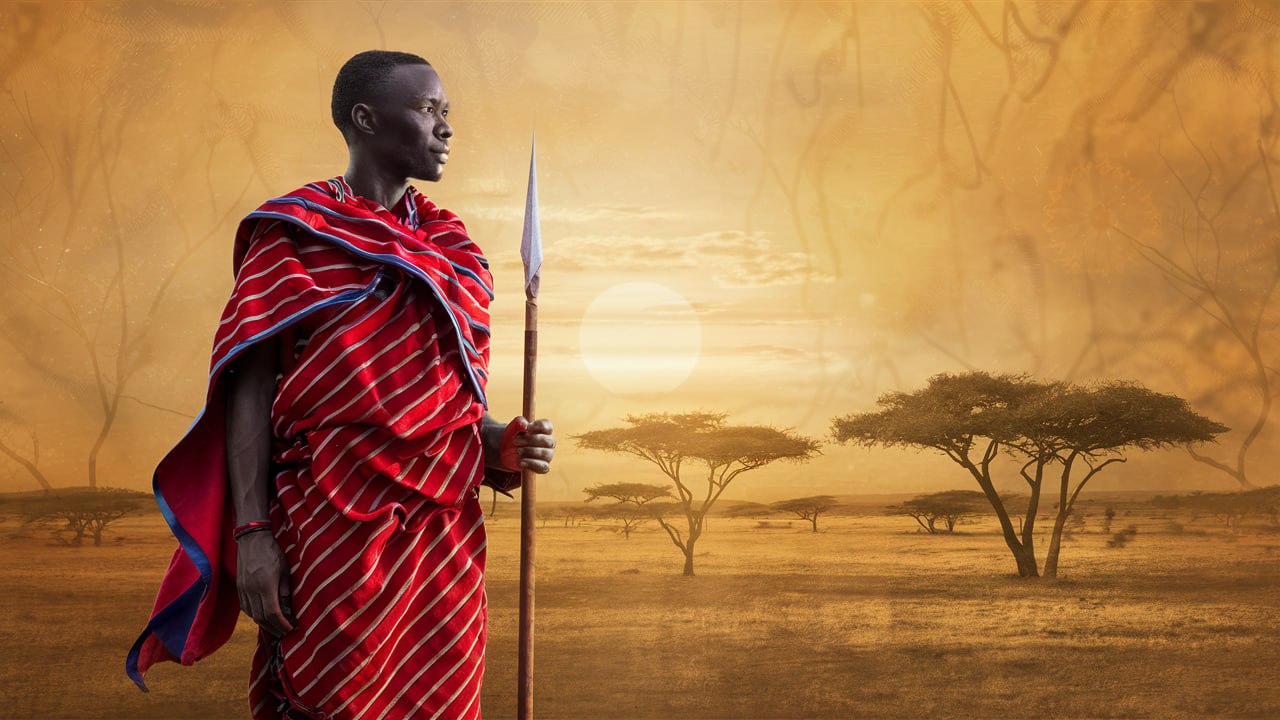
Zinyanga Learnmore is a Zimbabwean Freelance Journalist and educationist. He…
Historically, land ownership was a difficult proposition, but distributing it was not a panacea to solve ongoing conflicts over its rights, rather, it just made clansmen more hostile and vindictive as such, the trend goes on.
Land and traditional politics of Africa
Land and politics are two inseparable dynamics that date back to the Iron Age and cannot be ignored because they herald the emergence of social groups with identifiable and structured social strata that subsequently develop economically with the constrained but brilliant ideas of how a society should be managed economically.
The powerful men proclaimed themselves as chiefs and kings of strong African kingdoms, and their social formations took up enormous tracts of land. Complex politics emerged after such shifts. While the transition had both benefits and drawbacks, the most important aspect was the establishment of law and order and the recognition of kings as the exclusive distributors of land. Since land was given in exchange for obedience, and since having land was a condition of allegiance, no one wanted such an asset to slide away. Anyone who disobeyed the authorities was evicted from their chunk of land. Because of their continued prominence and ability to shape villages and districts, the Kingship was able to prosper and is still recognized by contemporary political structures.
Land and Colonization of Africa
The arrival of white colonialists ravaged and dislocated African Black societies from their lands, as documented in historical accounts. Some Blacks were relocated to reserve regions with subpar soils. Despite their bravery and strength, the African regiments were defeated in several kingdoms and regions during that era. Due to the tragic history that has been passed down to successive generations, brave African leaders such as Kwame Nkrumah (Ghana) Julius Mwalimu Nyerere (Tanzania), Robert Mugabe (Zimbabwe), Samora Machel (Mozambique), Nelson Mandela (South Africa), Jomo Kenyatta (Kenya), and other gallant Sons and Daughters of Africa were inspired to mobilize and devise strategies to resist the rule of the white minority. As a result, Africa achieved full sovereignty and emancipation through bravery and vigilance, a liberation that every African celebrates today.
Land as Collateral for Continued Unsanctioned Rule by African Modern Political Leadership.
As demonstrated by synchronized election results following each term of government, the African ruling political elites (revolutionary parties) use land as collateral to guarantee their continuous relevance and cling to political power. The African Revolutionary Party’s manifesto states unequivocally that the “Land” was won by the gallant sons and daughters of the revolution that led to independence, not by easy means, no matter how attractive or successful the opposition parties’ manifesto may seem, the land question prevents regime change, and the public is constantly informed that the opposition parties are sellouts who wish to return the land to the former colonialists. Revolutionary parties have shown to be most prevalent in rural areas because the majority of people there have been informed that land belongs to the state, which in most cases is the revolution party, and that if they elect opposition members over members of the revolutionary ruling party, they will be forced to leave the land that has been allotted to them. Only a small number of people possess title deeds, thus it is important to recognize that most Africans do not actually own land; rather, they are in their current places because of the good graces of the ruling class and their allegiance to the powerful political figures, not because they are entitled to it as enshrined in the dictates of human rights. Long held captive by the government, ordinary folks have also been threatened by land that is being dangled to dissuade them from thinking otherwise. Any attempt to advocate for complete land ownership by fellow Africans is considered anarchism and an effort to cause pandemonium. Without a doubt, in my perspective, having land defines an African completely therefore, land should not be politicized.
Land, a trump card for African opposition politicians ascendancy to power.
 PIN IT
PIN ITSince land is the primary focus of African politics, opposition parties frequently take advantage of the discontent among the populace regarding the distribution and allocation of land. People are promised during elections an equitable distribution of land, title deeds, and non-partisan land distribution, all of which the ruling revolutionary parties may have purposefully disregarded to maintain their hold on power. Some opposition groups are still discussing land expropriation without compensation and reclaiming land from White people, ostensibly in an attempt to win support, years after independence. Given such a situation, it should be concluded that talk about land is just politics—a ploy to gain political mileage—with no real intention of fully empowering citizens. A reflection on the opposition parties that have been fortunate enough to sniff power, reveals that nothing has changed in terms of fair land distribution, but rather land is a vehicle of politicians to political realms.
Land and societal conflict
Land ownership is the main cause of social turmoil and civil war in the African bloc. Removing individuals from their ancestral lands without a suitable strategy and plans for their resettlement has left common people wallowing in abject poverty and exposed to inhumane living conditions, including diseases brought on by poor sanitary conditions during the eviction process, sexual harassment, and abuse of women and children. Due to ambiguous and self-serving motives hidden under the pretext of development and investment, random evictions have encountered resistance in some parts of Africa that eventually erupted into civil war. In most cases, opinion leaders and traditional leaders are bought off to overlook these selfish efforts.
African land is not for sale neither does it belong to an individual but to all black people.
Subscribe now for updates from Msingi Afrika Magazine!
Receive notifications about new issues, products and offers.
What's Your Reaction?
 PIN IT
PIN ITZinyanga Learnmore is a Zimbabwean Freelance Journalist and educationist. He is interested in highlighting stories around African Politics and Arts and Culture. You can reach him at lennyzinyanga@gmail.com








